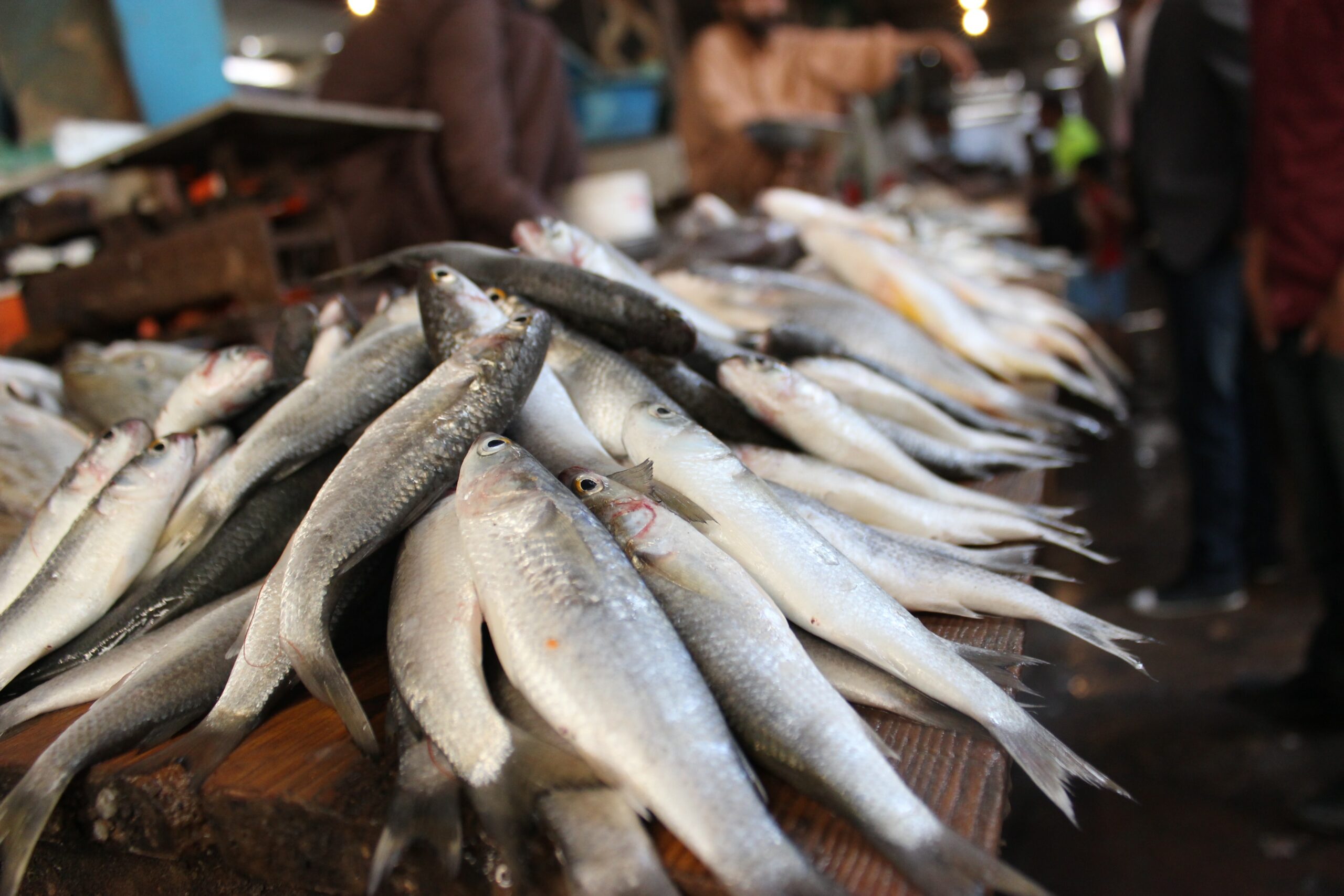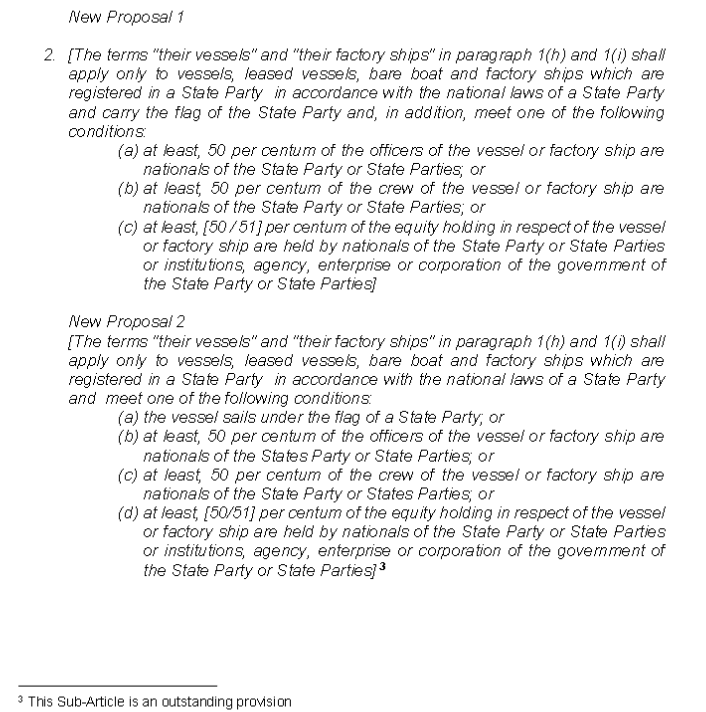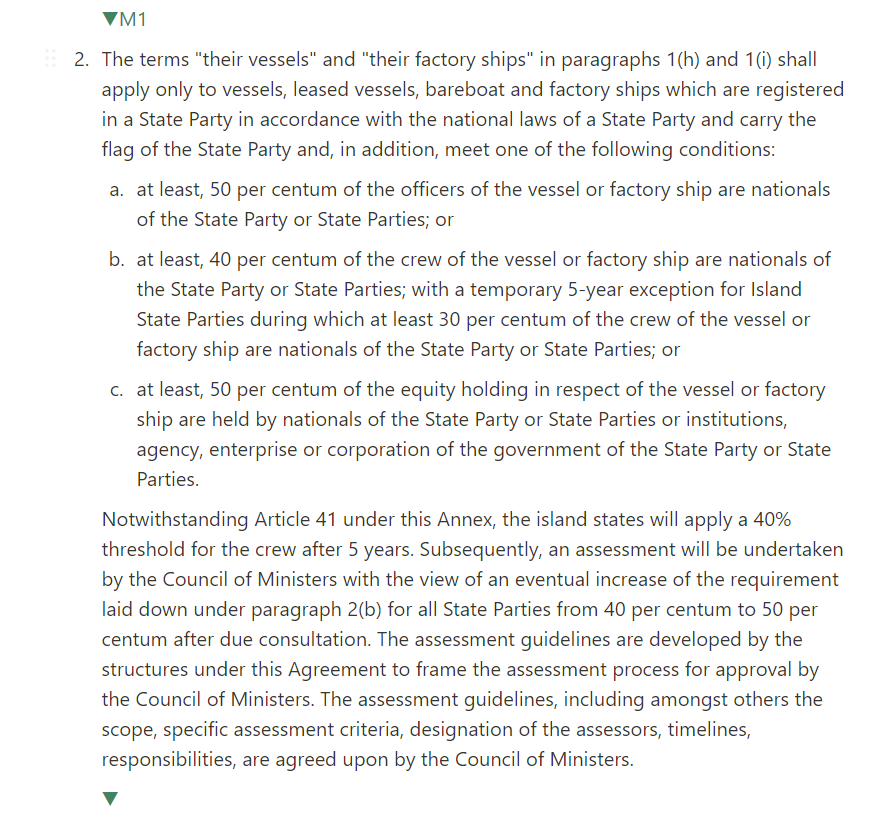
Exercitation ullamco laboris nis aliquip sed conseqrure dolorn repreh deris ptate velit ecepteur duis.
Exercitation ullamco laboris nis aliquip sed conseqrure dolorn repreh deris ptate velit ecepteur duis.
 Case study
Case study
Project name
Technical assistance to the African Union Department of Trade and Industry in support of negotiations on rules of origin of the African Continental Free Trade Area (AfCFTA)
Period
Dec. 2020 – Nov. 2023
The AfCFTA, or the African Continental Free Trade Area, is a significant agreement that aims to establish a unified market for goods and services across Africa. However, one of the major hurdles in implementing this agreement is negotiating the rules of origin. Their correct implementation is essentially determine whether certain products are eligible for preferential tariff treatment under the AfCFTA.
These rules ensure that the AfCFTA delivers tangible benefits to African countries and promotes sustainable and environment-friendly trade practices.
To facilitate the AfCFTA rules of origin negotiations, especifically on fisheries, Expertise France, an international donor, sought some expertise in negotiation engineering and facilitation. This was to support the AfCFTA Secretariat coordinating these negotiations, with the double objective of:
At the beginning of trading in January 2021, the AfCFTA State Parties agreed to implement the trade agreement. However, the specific requirements for « their vessels » and « their factory ships » in Article 5(2) were still unresolved as stated in Article 42(1), Annex 2 of the AfCFTA Protocol on Trade in Goods. Until these negotiations are concluded, the status quo will continue to apply.
Pending such an adoption of the definition for the terms « vessels » and « factory ships », the State Parties agreed to also withhold all talks on the product-specific rules of origin for any products containing fishery products, including:
Fish and crustaceans, molluscs and other aquatic invertebrates of HS Chapter 3,
Processed fish oils and preparations under HS Chapters 15 and 16,
The State Parties involved in the AfCFTA have prioritised the finalization of negotiations for a specific sector. They have tasked the Secretariat with conducting necessary research and consultations to ensure speedy resolution of any remaining issues.

After several years of deadlocks – and just 6 months after the start of the intervention – and five of rounds of intersessions, the definition for the terms « vessels » and « factory ships » was endorsed by the AfCFTA Council of Ministers. The adoption opened the way for the conclusion of the product-specific rules for 261 subheadings.

It took six more months and two ministerial meetings to finalise the product-specific rules of origin for the fishery. However, in October 2021, the AfCFTA market potential for fishery products increased by 4.8% with the adoption of origin rules, covering all fishery products. This expansion represented a market value of US$1.6 billion.
Adopted AfCFTA fishery rules of origin in volume and value
Sources: Calculations from ITC Trade Map (avg 2019-2021)
We worked closely with both Expertise France and the AfCFTA Secretariat to understand the complexities of the fisheries rules of origin negotiations and identify the specific issues that required resolution.
We participated in five rounds of informal consultations on fisheries rules of origin, offering technical advice and strategic guidance to the negotiating parties. Our input helped clarify the implications of different approaches to defining the term « vessels » and facilitated consensus-building among the parties.
Throughout the process, we maintained open communication channels with both Expertise France and the AfCFTA Secretariat, updating them on the progress of the negotiations and seeking their feedback on our approach.
After each round of consultations, we assessed the progress made and adjusted our strategy accordingly to ensure that the negotiations moved forward in a constructive manner.
[Astove Conseil's] economic analyses of African regional trade agreements have shed new light on the obstacles encountered during negotiations. These have led to new approaches that have resulted in relevant proposals from the Secretariat, which have allowed for successful outcomes, particularly in the fisheries sector.
Didier Bonyeme, Head of Section for Rules of origin, AfCFTA Secretariat
Mr. Gérout has made significant contributions to the progress of negotiations for the African Continental Free Trade Area (AfCFTA), particularly regarding the conclusion of rules on fisheries and agricultural products, [...] thanks to the conducted studies and technical assistance provided to senior officials of the AfCFTA Secretariat.
Seliatou Kayode-Anglade, Head of Department, Expertise France

